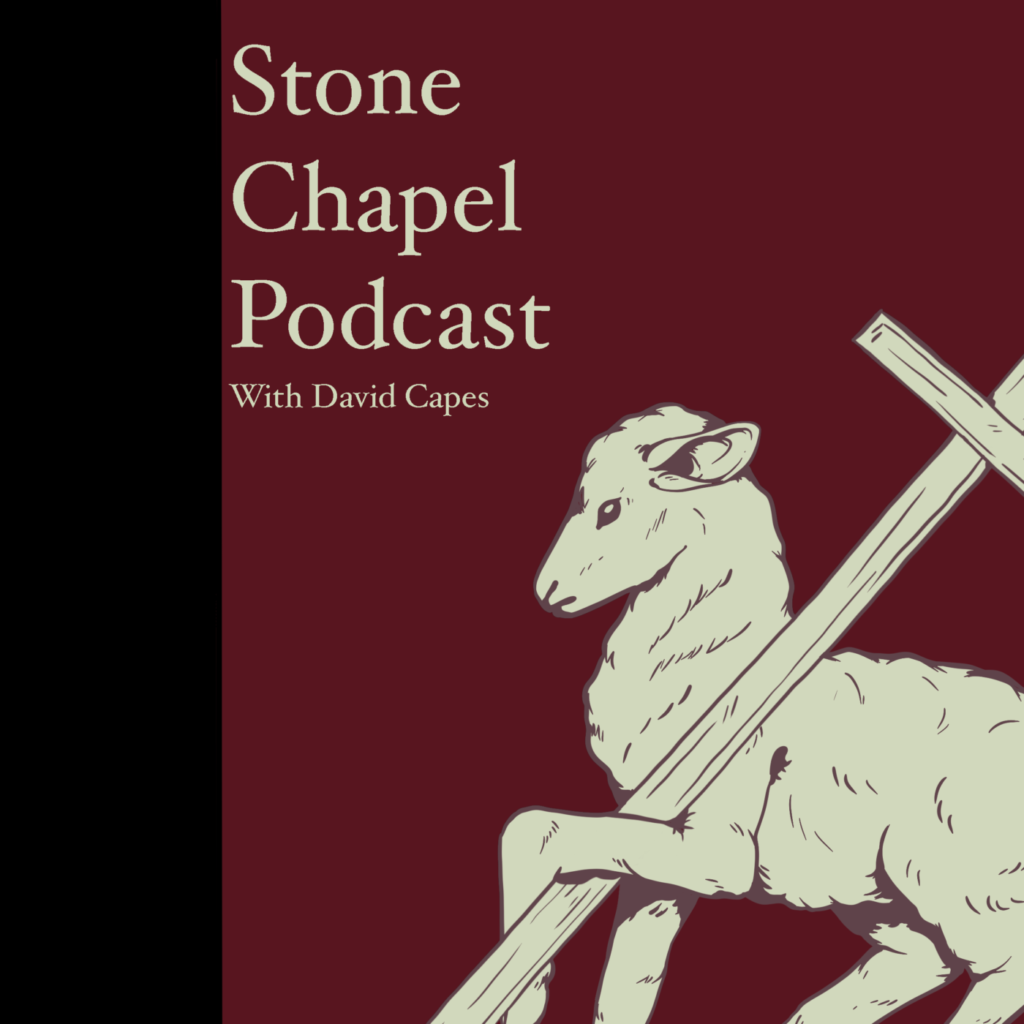

Episode 191 Puzzling the Parables (Part 2) with Dr. Ruben Zimmerman
Today is part 2 of a conversation David Capes had with Ruben Zimmerman. He was a visiting scholar from Germany, resident at the library. Be sure to listen to last week’s podcast. It sets up the conversation today on two Gospel parables. Here’s the link for last week’s podcast
Most of the time we leave our resident scholars in peace so they can read and research as they wish. Occasionally, we ask them to teach a class, be interviewed, share a meal, or do a podcast.
In this podcast we talk about two parables: the parable of the mustard seed and the parable of the dying grain. There are more to these parables than you might think.
Who Is Ruben Zimmermann?
Ruben Zimmermann is a German Professor of the New Testament and ethics at the University of Mainz. He is married to a theologian who teaches at the University of Siegen.
They have four children, chickens, and a great garden. He studied at the University of Heidelberg, Erlangen, Bonn, and at a school in Santiago, Chile.
He has written and edited several books, most in German. But occasionally he writes in Engliish.
Puzzling the Parables
Scholars and readers of Scripture debate exactly what is a parable? Zimmerman has come up with six features he says are typical of the parables of Jesus.
He discusses those in an important book he wrote: Puzzling the Parables of Jesus: Method and Interpretation (Fortress Press)
Scholars also debate whether this or that passage is a parable or whether Jesus really said it or not. That leads to the question of the historical Jesus.
It has become fashionable among New Testament scholars to claim that parables are absent from the Gospel of John altogether. Zimmerman does not think so.
Properly understood, there are several parables in the Gospel of John. What seems clear is that Jesus is remembered by all the Gospels as being a teller of parables.
Zimmerman’s book goes on to discuss methods used in the interpretation of parables.
While he does not delve into the interpretation of all 104 parables (according to his counting), he does dig deeply into several parables in the Gospels to show how it ought to be done.
More Resources
Check out his book: Puzzling the Parables of Jesus: Methods and Interpretation (Fortress Press)
You can get a transcript of this podcast by, clicking here.
Want more Stone Chapel Podcasts on some great topics? Just click here.
You can get information on upcoming lectures at Lanier Theological Library by clicking here.
Subscribe to this podcast so you don’t miss any of the great conversations with scholars and church leaders from around the world.